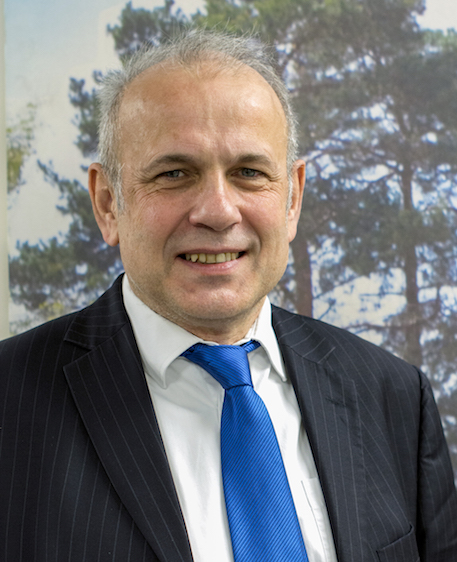
Henry Lawson, Senior Market Research Consultant, WMI, BSRIA
The Energy Systems Catapult’s Smart Heating & Cooling event staged in Birmingham last week confirmed that in the UK there are a wide range of companies offering innovative heating and cooling solutions, including solar thermal generation, energy storage (including thermal storage), heat pump technology, heat networks and heating as service offerings.
BSRIA’s Senior Analyst and smart expert, Henry Lawson, gave a presentation where he highlighted the rapid growth of smart connected heating and smart connected cooling across Europe.
Lawson said: “By continuously collecting, processing and analysing information about the performance of the heating or air conditioning systems, a smart heating or air conditioning system can do more than just identify faults; it can even predict them, allowing them to be fixed, often before anyone has noticed that there is a problem.
For an operation where heating or cooling is essential this prevents outages that not only cost money but also potentially threaten health. Ensuring that boilers and air conditioning units are functioning efficiently also reduces energy wastage and CO2 emissions.”
He also raised and answered a question: “BSRIA’s research has shown that across Europe, major suppliers of air conditioning units, of heating units such as boilers and heat pumps, and of building controls, are now investing in smart connected technology. So, in a field increasingly crowded with ‘heavyweights’, where does that leave smaller suppliers, especially start-ups?
One answer to this conundrum is that any smart building solution needs to bring together at least three factors and sometimes more. An understanding of the power of data and analytics is likely to be a prerequisite. In this respect, BSRIA has published Building Services Analytics (BG 75/2018) highlighting that building services can generate vast amounts of data. The publication raises awareness and offers guidance to building owners and all those involved in the design, construction and operation of buildings.
But the most powerful analytics and artificial intelligence is worth little without a deep understanding of buildings, how they function and what they are for. Without that understanding you might as well send a professor of logic into the jungle and ask him or her to use their skills to forage for food while evading the many wild beasts.”
Adding: “The service element will also be crucial. It is no accident that a large and growing slice of the market for smart heating or cooling is accounted for by services, from installation and commissioning to maintenance.
The other increasingly important element is the human factor. Buildings are not just logical entities, and not even just complex physical systems, but form an essential part of our most intimate lives. As such, any system, including ones deploying A.I., needs to take account of human psychology and the often unexpected way in which humans interact with buildings.
When we bring all these factors together we can see that there are very few suppliers who are likely to master all of these disciplines in detail. This creates plenty of opportunities for smaller suppliers whose skills and resources are focussed on solving a particular part of the puzzle.
There will also be opportunities in creating service offerings based on smart heating or cooling, both in terms of delivering them, and of how they are financed.
The Energy Systems Catapult event confirmed that in the UK alone there is no shortage of companies with interesting ideas in the smart heating and cooling arena.
The catapult analogy is indeed an apt one. The whole sector of energy and building services is being flung in a new direction and nobody can be quite sure where it will land.”
For more about BSRIA’s recent studies on the European market for Smart Connected Air Conditioning & Smart Connected Cooling: europe-set-for-rapid-growth-in-smart-connected-hvac-market

